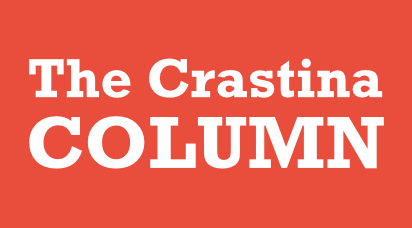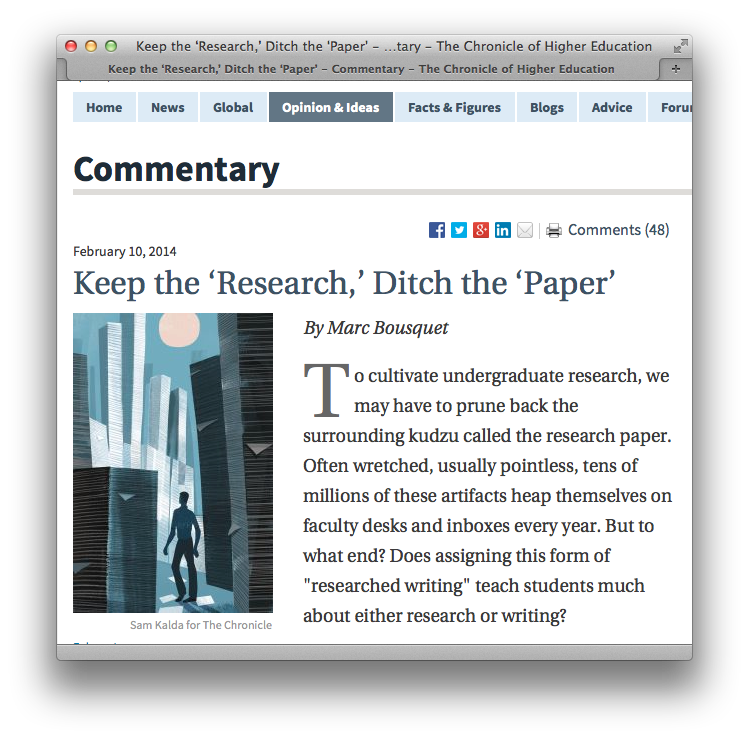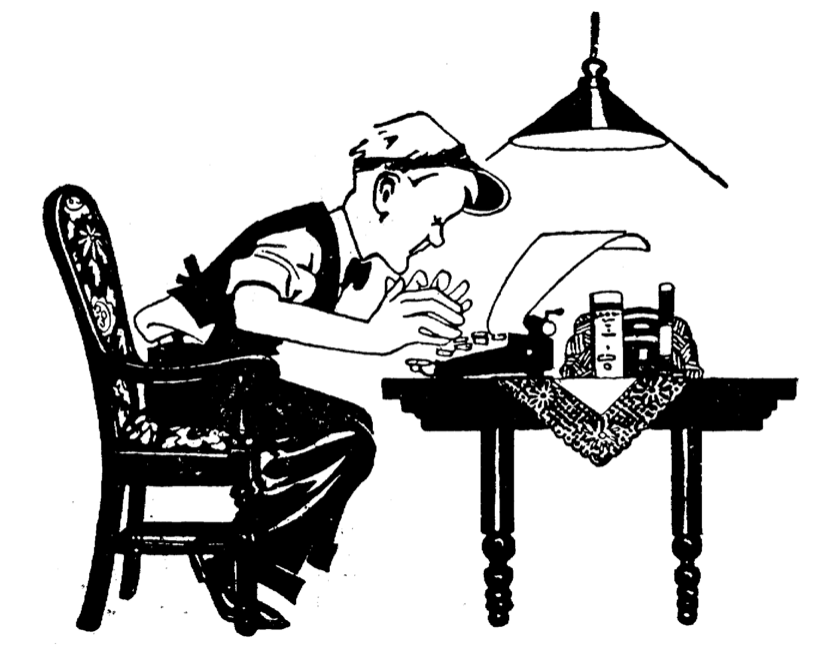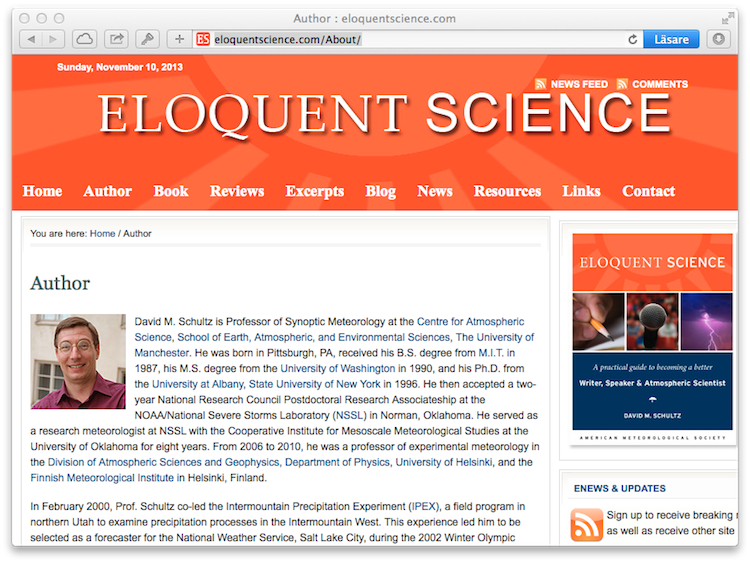Posts

Classical peer review: Where is the evidence? (Joshua Nicholson, October 2014)
Has classical peer review really been proven to work? In our first monthly Crastina Column, Joshua Nicholson from The Winnover shares his doubts with us.

LinkedIn champion publishes weekly link tips about science communication
The Week’s Top Science Communication Stories is a weekly link list published on LinkedIn by Kirk Englehardt at Georgia Tech—a true LinkedIn champion who demonstrates the true potential of this media platform.

”If you talk to the press, people might offer you gold mines”
Popular science twitterer @AstroKatie, a.k.a. Katherine J Mack, gave an interview for the Economist and then received a request from a firm looking for a use for an exhausted goldmine–something may be just the right kind of environment for a astro physics lab!

”Don’t write a word unless you have something to contribute”
Marc Bousquet, associate professor of English at Emory University, recently wrote a comment worth considering in The Chronicle of Higher Education: Keep the ‘Research,’ Ditch the ‘Paper’

Media training in two minutes
What is the wise thing to do when a journalist knocks on the lab door and wants to write about your research? The answer is this: take a big breath, buy some time, gather your thoughts and then bid them welcome with the ambition to take command of the interview—in a curious and friendly way.

The Eloquent Science Interview
A major source of inspiration for Scientia Crastina is Eloquent Science which is both a book and a blog—together they are compulsory reading for the early career scientist interested in modern communication. Scientia Crastina sent some…

Search Engine Optimization for scientists
The publishing company Wiley-Blackwell has a special web site for article and book authors and has included some advice about search engine optimization with examples.

